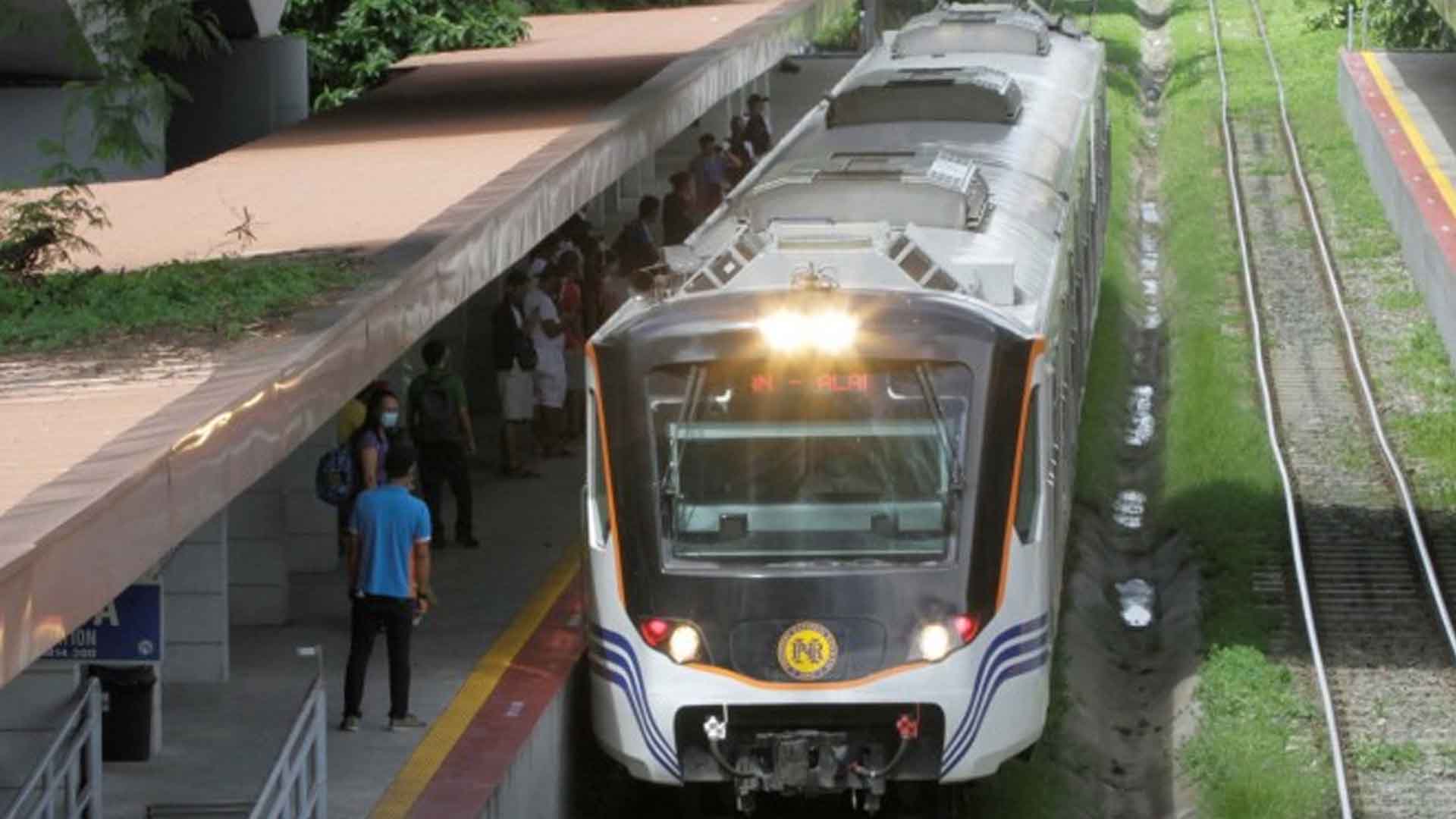The Department of Transportation (DOTr) awarded the single largest rail contract worth PHP142 billion, or about USD2.8 billion, to a Chinese joint venture to build a 380-kilometer Philippine National Railways (PNR) route.
The construction will run from Barangay Banlic in Calamba, Laguna to Daraga, Albay.
The contract was signed on Monday by DOTr Secretary Arthur Tugade and representatives of the China Railway Group Ltd., China Railway No. 3 Engineering Group Co. Ltd., and China Railway Engineering Consulting Group Co. Ltd. (CREC JV).
The contract includes the design, construction, and electromechanical works for the project.
“Listed in both the Hong Kong and Shanghai stock exchange, CREC JV ranked 35th on the Fortune Global 500 list and 5th among China’s top 500 enterprises in 2021,” the DOTr said in an announcement on Tuesday.
The project will span across 39 cities and municipalities in four provinces and two regions.
Aside from the construction of 380 kilometers of railway, the project will include 23 stations, 230 bridges, 10 passenger tunnels, and a 70-hectare depot in San Pablo, Laguna.
In a Facebook post, Chinese Ambassador to the Philippines, Huang Xilian, said the project will be the “fastest and longest railway segment so far in the Philippines” and “another milestone” for the relationship between the Philippines and China.
Huang said the project is so far the “highest-funded G-to-G (government-to-government) project” between the two countries.
Once operational, travel time between Calamba, Laguna and Legazpi, Albay will be shortened to four hours from the usual 12 hours and will serve 14.6 million passengers yearly.
The project is also expected to create “more than 10,000 direct construction jobs each year” aside from “hundreds of thousands” of jobs in related areas, according to Huang.
“I wish the scenario come true the soonest and the project a smooth progress!” Huang posted.
The PNR Bicol project is a 565-kilometer railway that will connect Metro Manila to the southern Luzon provinces of Sorsogon and Batangas.
Its passenger trains will run at a speed of 160 kilometers per hour while freight trains will run at 100 kilometers per hour. (PNA)







